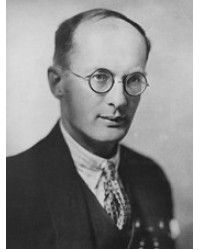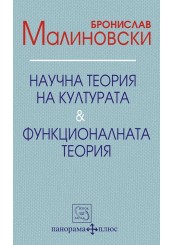Bronisław Kasper Malinowski

Bronisław Kasper Malinowski (1884 – 1942) was a Polish anthropologist, often considered one of the most important 20th-century anthropologists.
From 1910, Malinowski studied exchange and economics at the London School of Economics (LSE) under Seligman and Westermarck, analysing patterns of exchange in Aboriginal Australia through ethnographic documents. In 1914, he was given a chance to travel to New Guinea accompanying anthropologist R.R. Marett, but as World War I broke out and Malinowski was an Austrian subject, and thereby an enemy of the British commonwealth, he was unable to travel back to England. The Australian government nonetheless provided him with permission and funds to undertake ethnographic work within their territories and Malinowski chose to go to the Trobriand Islands, in Melanesia where he stayed for several years, studying the indigenous culture. Upon his return to England after the war he published his main work Argonauts of the Western Pacific (1922), which established him as one of the most important anthropologists in Europe of that time. He took posts as lecturer and later as a chair in anthropology at the LSE, attracting large numbers of students and exerting great influence on the development of British Social Anthropology. Among his students in this period were such prominent anthropologists as Raymond Firth, E. E. Evans-Pritchard, Hortense Powdermaker, Edmund Leach, Audrey Richards and Meyer Fortes. From 1933 he visited several American universities and when World War II broke out he decided to stay there, taking an appointment at Yale. Here he stayed the remainder of his life, also influencing a generation of American anthropologists.


